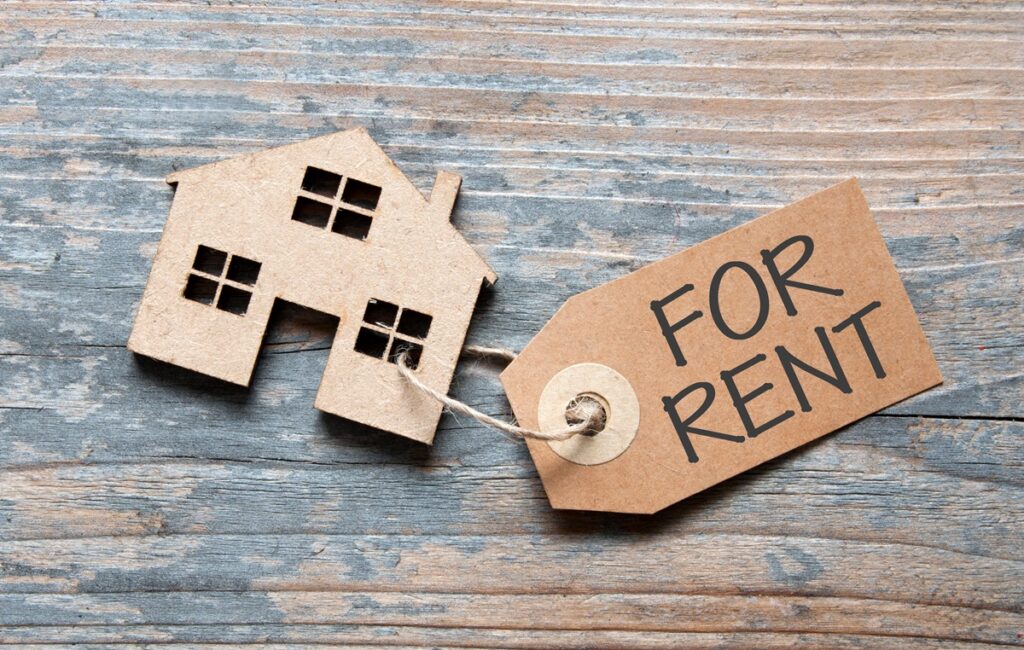Disrespectful landlords, fear of eviction and discrimination, maintenance woes—these are just a few problems American renters report, according to a survey by LendingTree. Data analysts found that 33% of renters say they have been treated unfairly based on factors such as race and age, for example. The majority of renters, 58%, say they have had at least one landlord they did not like. And of 18% of renter respondents who have actually been evicted, 68% believe it was done unfairly.
Renting, in lieu of homeowning, has its pluses and minuses, said Jamie Cattanach, Personal Finance Writer for LendingTree.
“While it’s nice not to have serious financial skin in the game if, say, your house’s foundation starts crumbling, it can be challenging to call someone else’s property ‘home,’” said Cattanach.
For those who rent, nearly half would prefer to do business with an individual landlord than a corporation, according to the survey, with 49% of them believing it is cheaper.
Some respondents, 57%, think the government should limit how many homes an individual landlord or corporation can own during a time when so many Americans find it difficult to achieve homeownership.
A quarter of those say it should be illegal to own more than 10 single-family homes, while 12% would allow such moguls to buy up to 100 single-family homes. Another 43% of renter respondents said there should be no such government restrictions.
Some positive news, 75% of renters say they like their current landlord, but that still leaves 25% of surveyed renters in an unpleasant rental situation.
For the dissatisfied, “one surefire way to never deal with a difficult landlord again is to buy your own home,” the LendingTree experts note.
“While buying can feel intimidatingly expensive at the start, especially saving up for a down payment, depending on where you live and how long you plan to stay, [buying] could save you a substantial amount of money over time,” they explain. “Fortunately, the rate of homeownership has risen over the last decade, even with housing prices on the rise. And with down payment assistance programs, owning your own home could be closer than you think.”
If dealing with a disagreeable landlord, experts say renters should document all interactions, “save every text, email or letter you get from your landlord.”
LendingTree Senior Economist Jacob Channel says that while it might seem like extra work, “the more documentation a renter has that proves a problem exists or that their landlord isn’t living up to their end of a rental agreement, the harder it is for a landlord to ignore them. This is especially true if a problem violates the terms of a tenant’s lease or is against the law.”
Any suspected discrimination should be reported to a local tenant advocacy group, local housing authority or the U.S. Department of Housing & Urban Development (HUD).
Click here to see LendingTree’s full survey on landlord satisfaction.





